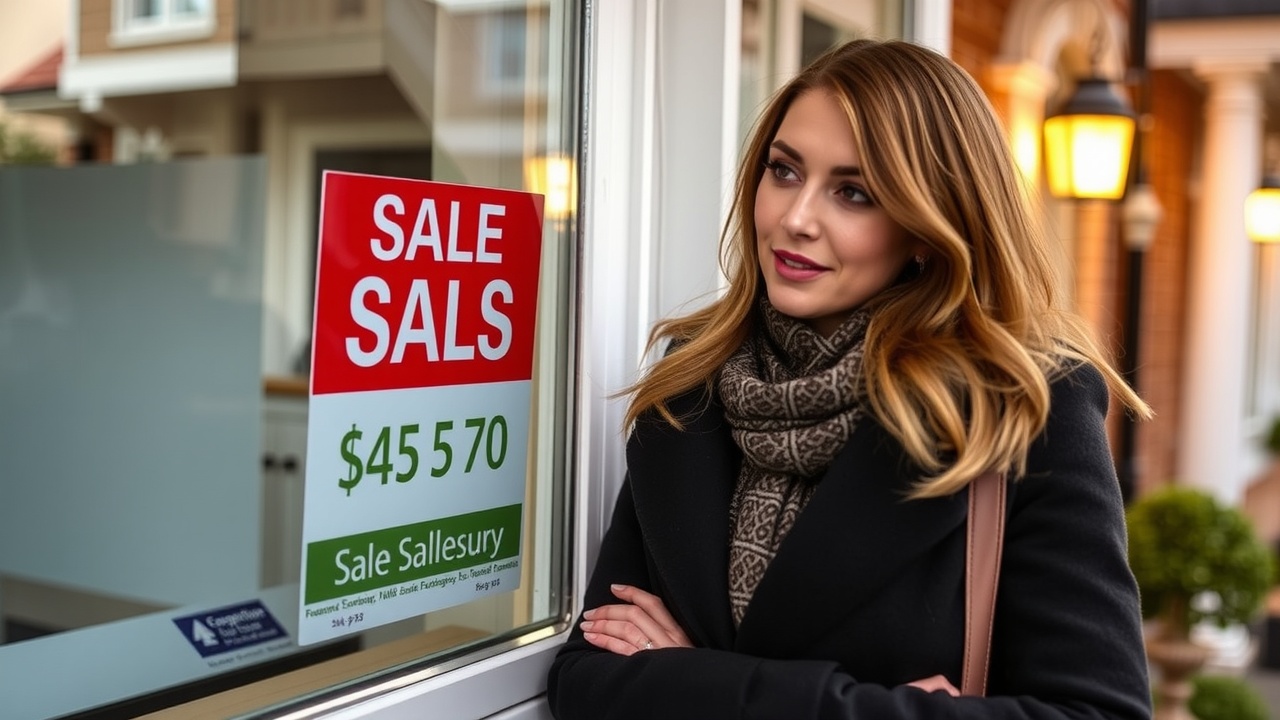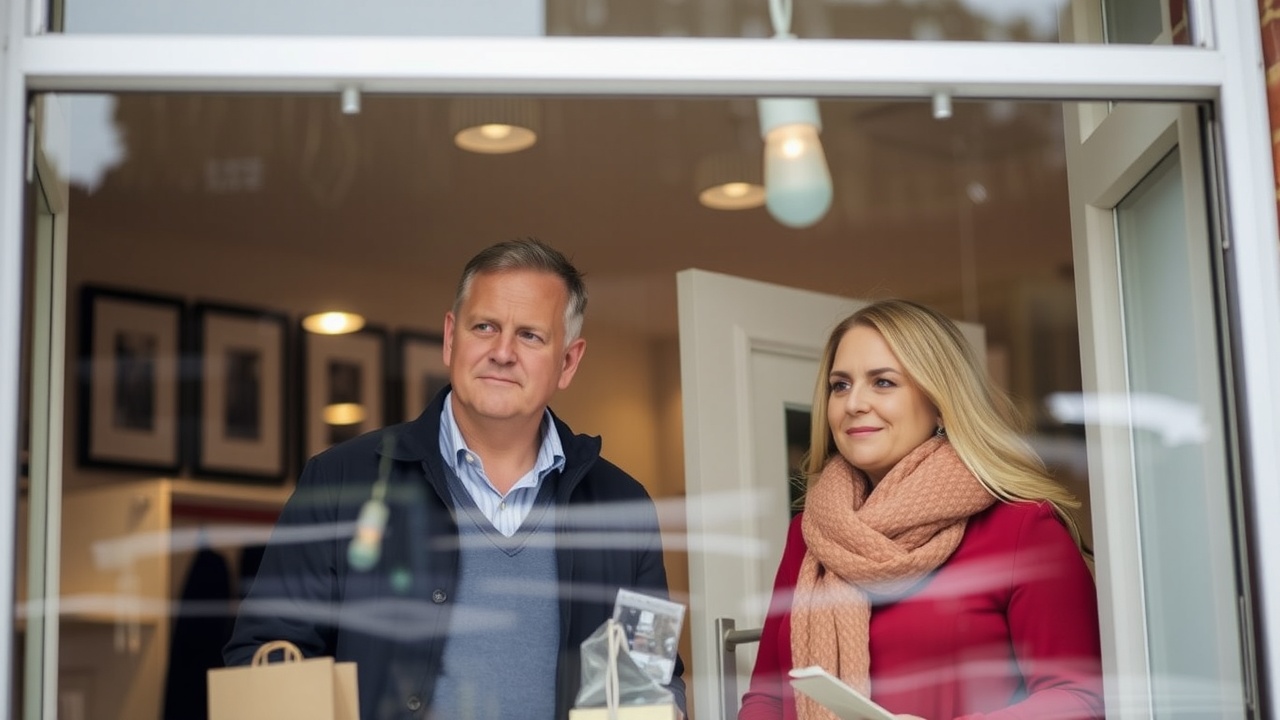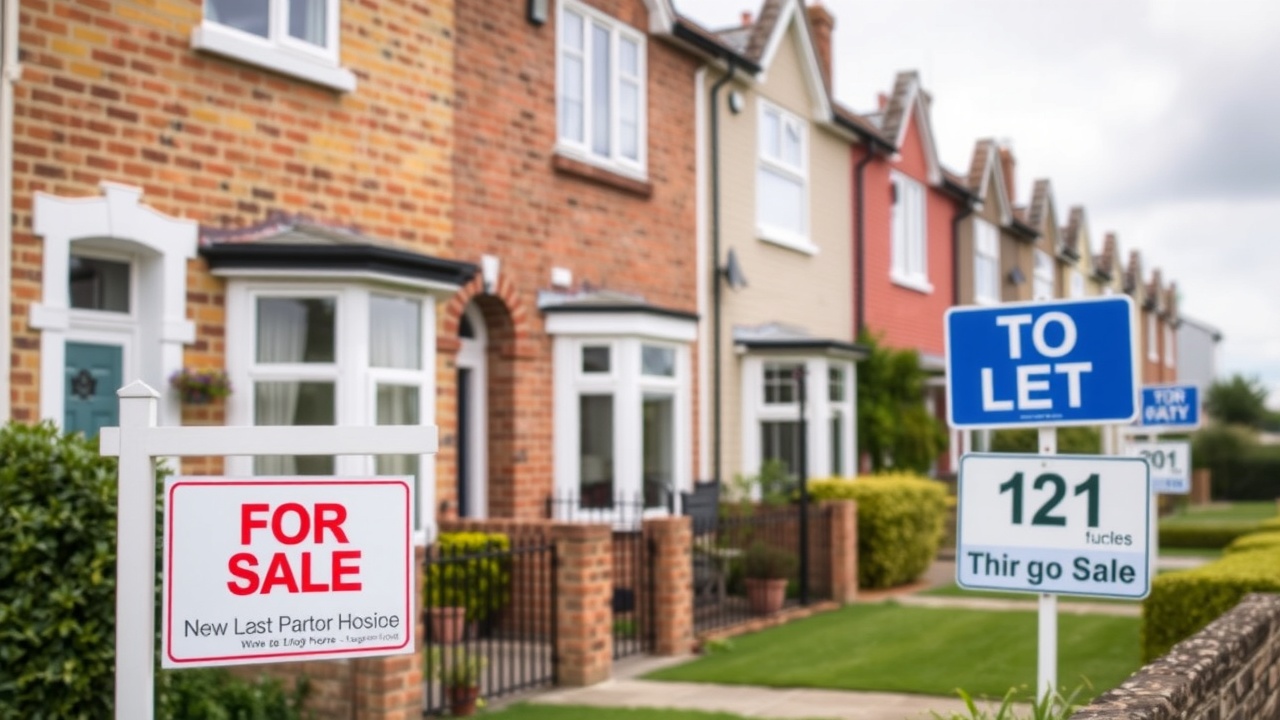
The average asking price has increased by 11 percent per month and has continued to grow by 1 percent annually
After declining at the end of 2024, asking prices have continued to rise in March for the third consecutive month.
The typical house that comes to market for sale is 371,870, according to new house price index data, which shows that the monthly average asking price for properties has increased by 11.1 percent since the previous month.
According to recent data released by Rightmove, this increase also signifies a 1% annual increase in asking prices.
As more people are expected to pay stamp duty starting on April 1st, home purchases may incur additional taxes of thousands of pounds.
In the event that the policy is reversed in the next Spring Forecast, March buyers may be among the first to pay additional taxes on their new residences because it is unlikely that their purchase will be completed before the deadline of March 31.
Around 575,000 purchases are reportedly stuck in the legal completion process, according to Rightmove, as many attempt to avoid the stamp duty deadline, with an estimated 74,000 just missing it.
With 9% more transactions completed than in March 2024, the number of agreed-upon home sales has increased since the previous year. According to Rightmove, this is encouraging evidence that the increase in stamp duty won't significantly impede the expansion of the housing market.
According to Chris Rosindale, Chief Operating Officer at Connells Group, "Even though they are aware that they will not meet the deadline of March 31st, we haven't observed a slowdown in buyers' appetites to buy a home."
March is expected to be "one of the strongest months of the year for sellers," according to Colleen Babcock, a property expert at Rightmove. She cited historical averages, but cautioned that "sellers can't just rely on these historic averages for success, as this year they are facing a decade-high level of competition."
She added that the increased market activity is pushing sellers to provide competitive prices.
Cheffins' head of residential sales and lettings, Sarah Bush, stated that "the year has gotten off to a good start, with a marked increase in the number of homes coming to the market in comparison to last year."
Sellers are expressing that they are "tired of sitting on the fence and really want to get on with moving this year," she contends, despite the uncertain overall economic outlook.
What regional changes have you seen in asking prices?
Unsurprisingly, when comparing asking prices across the UK, there is a significant amount of variation.
Scotland is experiencing the fastest monthly change in asking prices in Britain. Since last month, prices have increased by 30.8 percent, bringing the average price of a home in the country to 197,643. Additionally, this indicates a 4% annual growth.
The average time to find a buyer is only 42 days, making Scotland the region where homes are selling the quickest.
With asking prices up 20.9 percent since last month, Wales is the second-fastest growing region. The average price of a property in Wales is now 262,795. Here, finding a buyer takes longeron average, 80 days.
According to Rightmoves data, asking prices in Yorkshire, the Midlands, and London have increased at a slower rate than most of the rest of the nation, with monthly changes of 1% or less.
London continues to be the most competitive real estate market, with the average home price in the area being the highest in the nation at 695,885.
A comprehensive list of asking price changes by region can be found below.














Leave a comment on: Rightmove: March prices are being raised as buyers remain unfazed by impending stamp duty increases